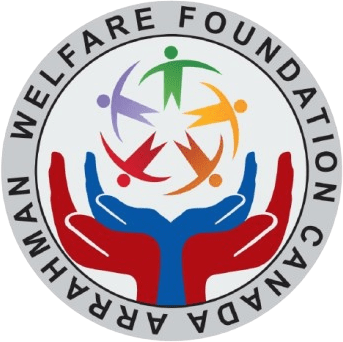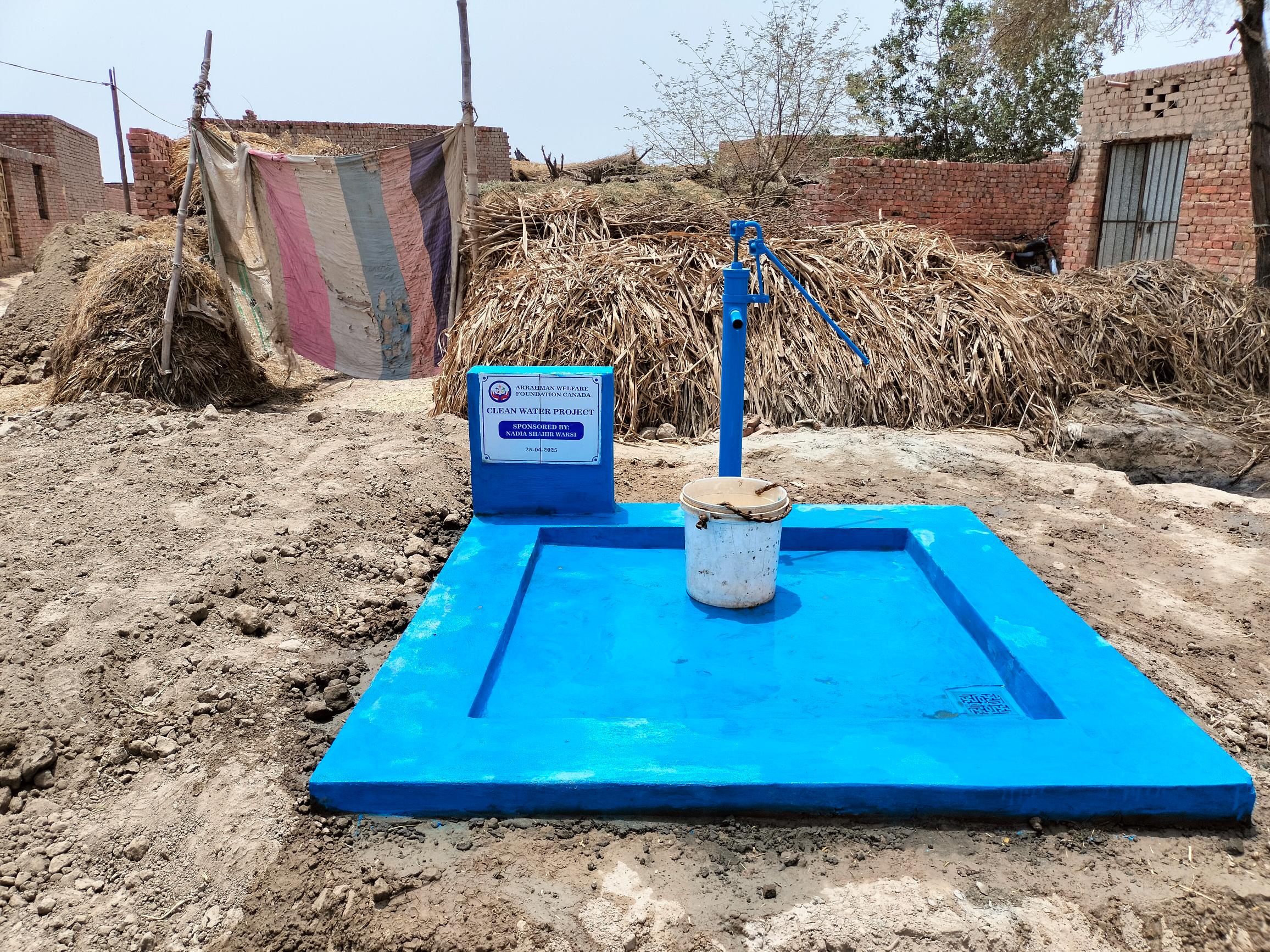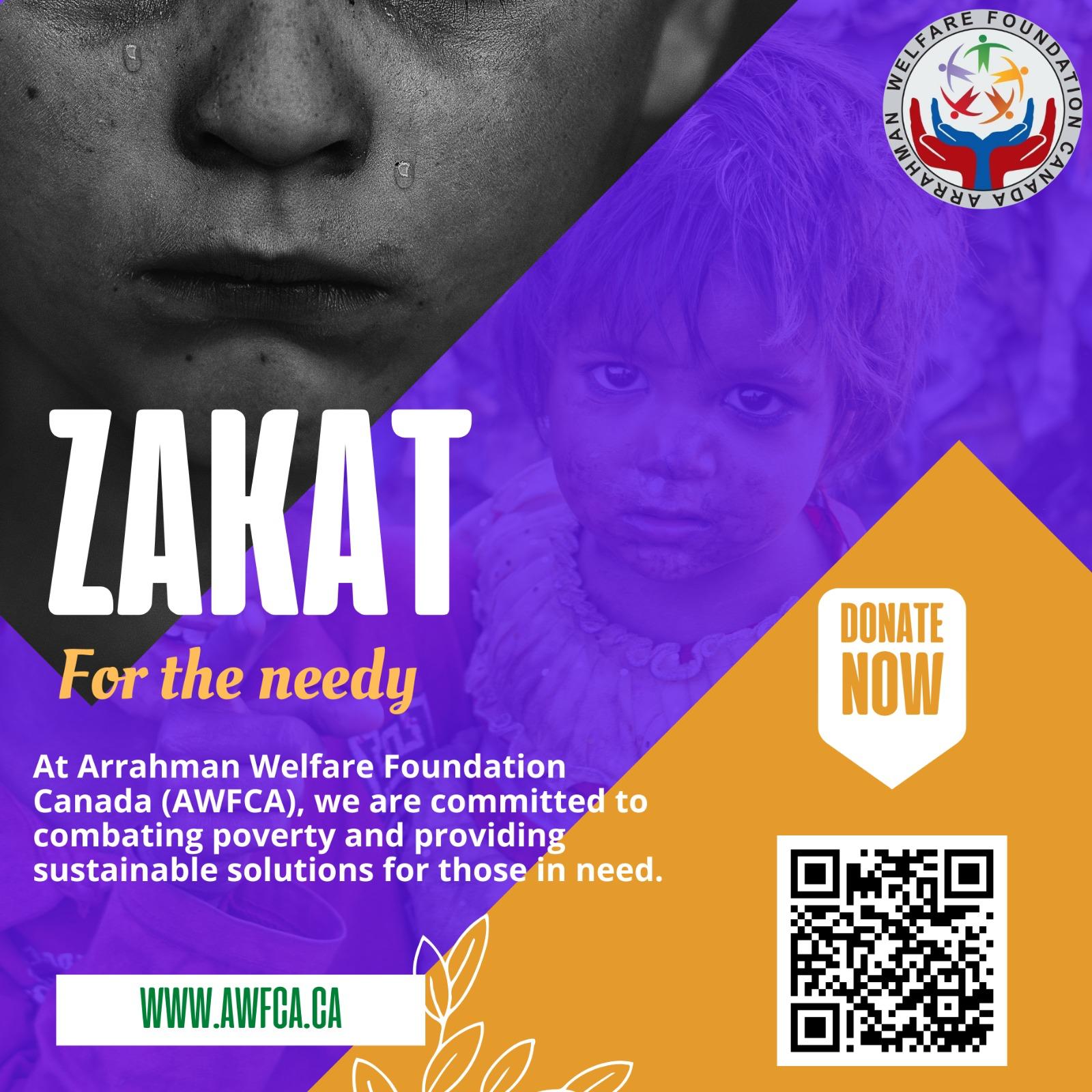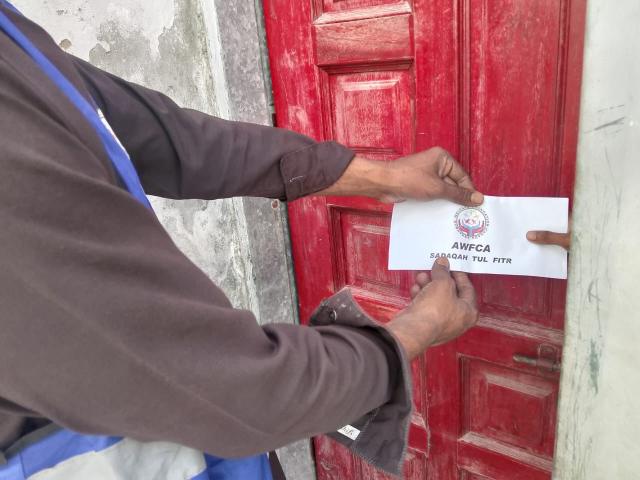Water is life. It nourishes, heals, and sustains every living being on earth. It flows through our homes, our bodies, and our ecosystems—yet for millions of people around the world, clean water is still out of reach. In many communities, accessing safe water means walking for miles, digging into muddy pits, or drinking from polluted sources that carry disease and despair. Clean water should not be a luxury. It is a basic human right.
According to the World Health Organization, over 2 billion people lack access to safely managed drinking water. That means every day, mothers are forced to give their children dirty water to drink. Girls are missing school to fetch water from distant sources. Families are falling ill from preventable diseases like cholera, typhoid, and diarrhea—some even losing loved ones to these illnesses. The burden of water insecurity is especially heavy on women and children. In many regions, it is their responsibility to collect water for the household. This often involves hours of walking under a hot sun, carrying heavy containers, and risking safety along dangerous routes. Time spent fetching water is time lost from education, work, or simply being a child.
And the crisis doesn’t end there. Contaminated water also means poor hygiene and sanitation. Without clean water, hospitals cannot safely treat patients. Schools cannot provide sanitary conditions for students. Communities remain trapped in cycles of illness and poverty, with little hope of breaking free.
When a well is installed in a village or a water filtration system is set up in a school, everything changes. Children stay healthy. Women regain hours in their day. Farmers grow food. Entrepreneurs start small businesses. The ripple effect of clean water is profound—it reaches across health, education, gender equality, and economic growth. Access to clean water saves lives. It offers the chance to thrive, not just survive.
Water is one of Allah’s most precious creations. In the Qur’an, Allah says, “And We made from water every living thing” (Surah Al-Anbiya 21:30). It is a blessing we often take for granted, yet it is a test of our gratitude and generosity. As people of faith, we are called not only to give thanks for our blessings but also to share them. Every time we turn on the tap, every time we drink without fear—we are reminded of a responsibility. A responsibility to ensure that others can enjoy this same simple, sacred act.
Even the smallest contribution can make a world of difference. A few dollars can provide a family with safe drinking water for years. A single well can serve an entire community. Clean water projects are some of the most impactful, sustainable, and life-changing forms of charity.
At Arrahman Welfare Foundation Canada, we believe that no one should suffer from thirst or disease because of something as basic as water. That’s why we are committed to building and maintaining clean water projects in water-scarce communities around the world. From hand pumps in rural villages to deep wells in drought-hit regions, our efforts are focused on long-term access, safety, and dignity. Our Clean Water Project in Pakistan is built on three powerful solutions: Hand Pumps, Water Wells, and RO Water Filtration Plants. These projects not only provide safe and sustainable water supplies but also transform communities by improving health, education, and economic opportunities. Each project is fully monitored to ensure it remains operational and beneficial for years to come. Every donation you make is a ripple that creates waves of change, helping us bring clean water to those who need it most.




